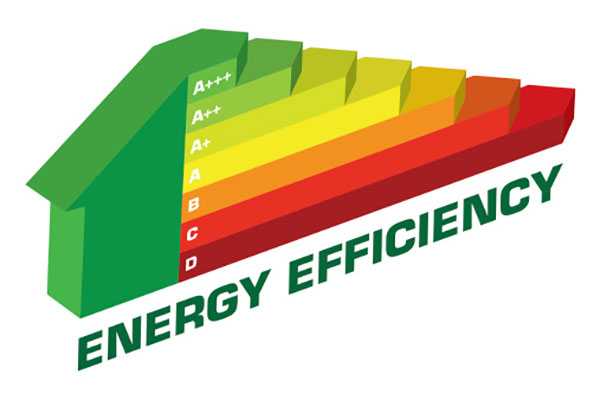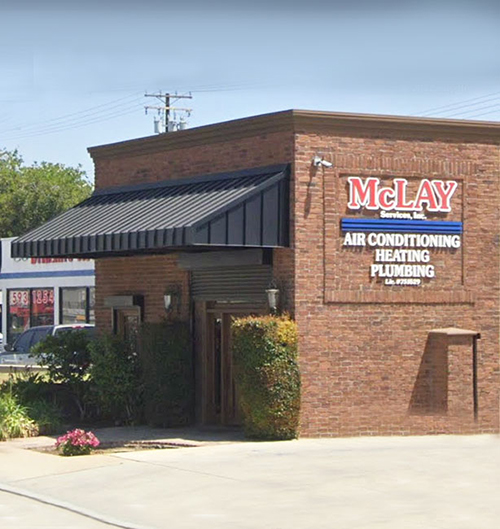For many people, the thought of increasing the efficiency of HVAC equipment is welcome news. The U.S. DOE has been looking at ways of raising the minimum requirement for HVAC efficiency standards since 2009. After working with leaders in the HVAC industry as well as representatives from utility companies, a higher minimum AFUE requirement was set to be adopted in 2013.
After working to raise the AFUE requirement to 90, from its current minimum standard of 78 AFUE, it became evident that implementation of the new HVAC efficiency standards might cause some homeowners financial difficulties. One of the biggest problems associated with the new minimum standard is that there is only one type of furnace capable of providing this level of efficiency. A condensing furnace offers exceptionally high HVAC efficiency; however, it is also quite different from other heating systems and would mean most homeowners would face expensive and difficult measures to retrofit this type of furnace to work in their current home.
A condensing furnace needs an entirely different venting system which can be problematic to install in existing structures, especially those where outside walls can be a challenge to access, such as townhomes, condominiums and attached homes. These condensing furnaces require a primary and secondary heat exchanger to handle not only the burning of gas as a primary heat source, but also the capture of heat that results from the resulting hot water vapor.
The reason condensing furnaces are so highly efficient is because they are able to extract the heat from the hot water vapor rather than allowing it to be released up the chimney. However, capturing the hot water vapor and then condensing it, requires a different type of installation than what can easily be installed in most homes. As a result of these difficulties, the HVAC industry argued that implementation of the new HVAC efficiency requirements would be too much for some homeowners to handle. For the time being, the courts have delayed implementation of these new standards, but that could change in the future.
When you need HVAC repairs or service, your local HVAC contractor can help. From energy efficient HVAC systems to maintenance and emergency repairs, call a local HVAC contractor for professional results.



